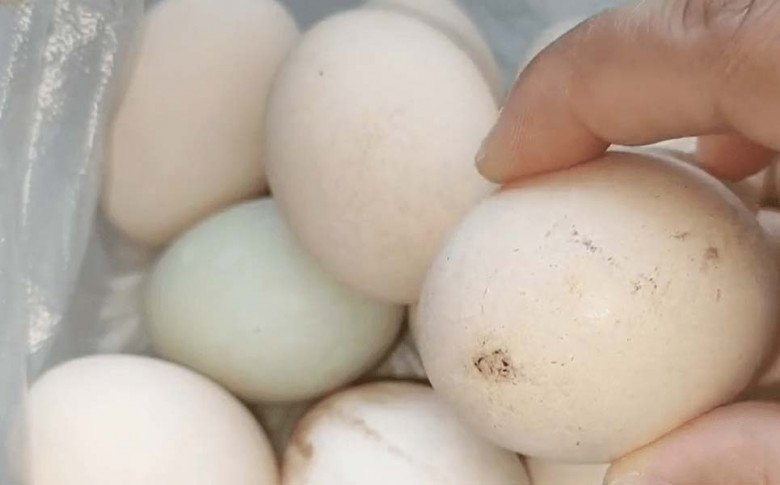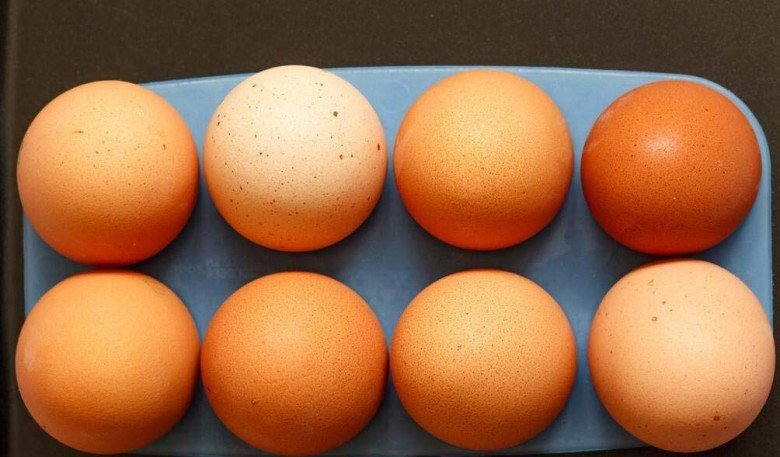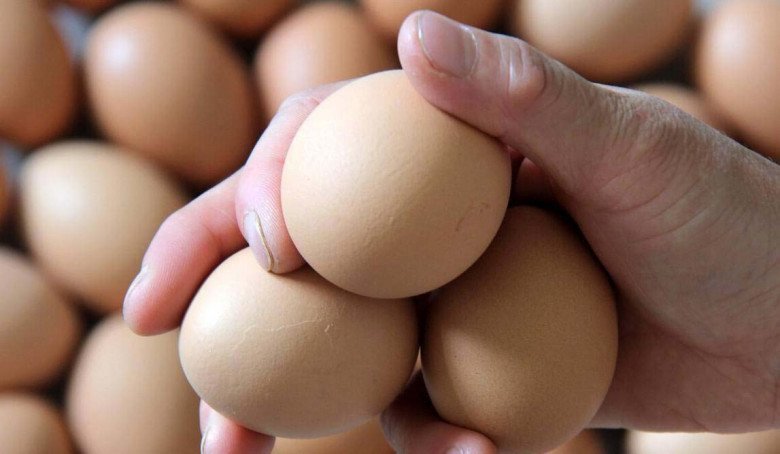Many people believe that eggs can be purchased and stored in bulk without spoilage. While eggs can indeed be stored for extended periods, proper storage methods are essential.

It is true that eggs can be stored for extended periods, but proper handling is crucial. Contrary to popular belief, washing eggs before refrigeration is incorrect and can lead to bacterial growth, posing health risks.
Tips for Long-Lasting Fresh Eggs
Nutrition experts share three crucial don’ts for keeping eggs fresh:
1. Don’t Wash Eggs
Eggs are coated with a thin, whitish film—a natural barrier that prevents bacteria from entering. Washing eggs removes this protective layer, exposing them to bacterial invasion through tiny pores in the shell.

Instead of washing, use a dry cloth or paper towel to wipe away any visible dirt or debris.
2. Don’t Store Eggs Horizontally
Eggs should be stored vertically, with the larger end facing upwards. Placing them horizontally can cause the yolk to settle on the surface, leading to clumping with the egg white proteins.

3. Avoid Frequent Refrigerator Access
Once eggs are refrigerated, minimize handling and temperature fluctuations. Do not return eggs to the refrigerator after use, as condensation can form, providing a breeding ground for bacteria and accelerating spoilage.

Summer Egg Storage Solutions
1. Oil Coating
– Apply a thin layer of cooking oil to the surface of each egg. This creates a barrier that prevents the escape of carbon dioxide and water vapor while inhibiting bacterial growth.
– Allow the oil to dry before returning the eggs to the refrigerator.

2. Rice Storage
A traditional method for egg preservation involves rice:
– Place eggs in a container of rice with the larger end facing up.
– Cover the eggs completely with rice, ensuring they are well-buried. This method can extend the shelf life of eggs, just as our ancestors did before refrigeration.
Avoid storing eggs with strongly-scented foods like garlic, ginger, or onions. These odors can permeate the eggs through the shell, affecting their flavor.

Tips for Choosing Fresh Eggs
In addition to proper storage, here are some tips for selecting fresh, high-quality eggs:
1. Light Test
Hold the egg up to a bright light. Fresher eggs will appear more translucent, while older eggs will look cloudy.
2. Shake Test
Gently shake the egg. If you don’t hear any sloshing, it’s fresh. A liquid sound indicates an older egg with a looser yolk.
3. Shell Inspection
Fresh eggs have a slightly rough, chalky shell with a thin, invisible coating. Smoother, shinier shells suggest older eggs that have been stored for a while.
“Unraveling the Mystery: Distinguishing Between Free-Range and Factory-Farmed Bleached Eggs”
The market is flooded with cheap, seemingly free-range chicken eggs, but beware – these are often industrial eggs chemically treated to appear ‘whiter’ and thus, healthier. This practice is dangerous and poses a serious health risk to consumers. To help you differentiate between these two types of eggs, we’ve compiled some handy tips and tricks.




































